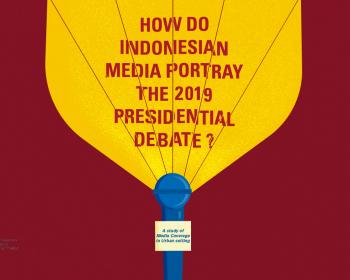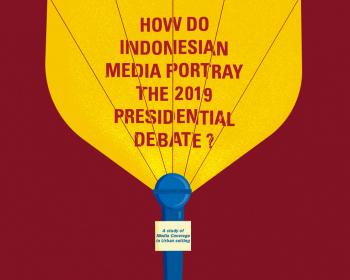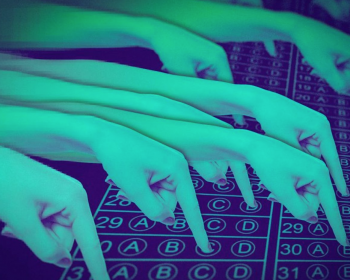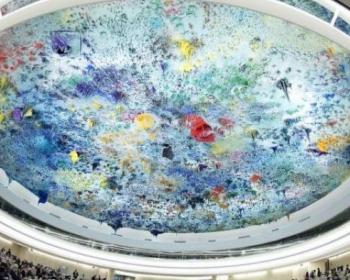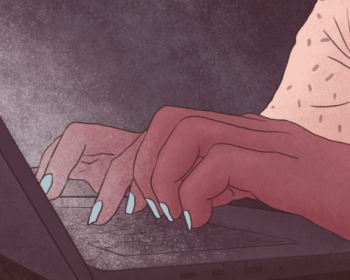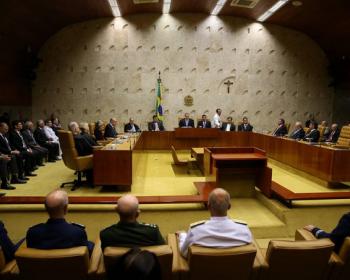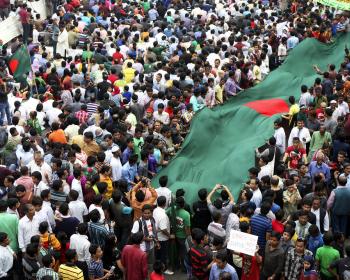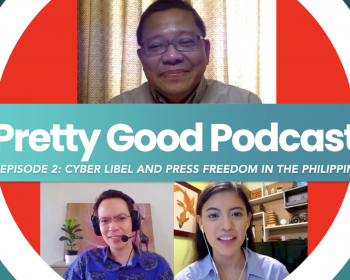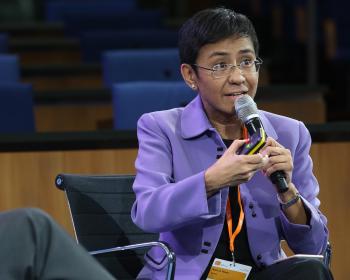freedom of the press
Did the proliferation of hate speech, hoaxes and fake news affect the result of Indonesia’s 2019 presidential elections? Was the media able to fact check their own news and coverage? These are some of the questions explored in this new report by the Center for Innovation, Policy and Governance.
This study aimes to generate quantitative data on media coverage during the 2019 presidential election debates in Indonesia to determine the framing used and how these affected public discourse. The study also explores how the media covered the issues of religious tolerance and hate speech.
Media Matters for Democracy stands in solidarity with women journalists who have released a statement highlighting the prevailing trend of continued digital violence from supporters of all political parties and different public and state institutions.
APC considers the 45th Human Rights Council sessions an important opportunity to discuss country situations of concern, to review how states are complying with their human rights situations and to influence the setting up of international standards in the area of human rights online.
Media Matters for Democracy expresses solidarity with the women journalists who have called out online violence they face on social media platforms. A statement released by a group of women journalists on 12 August highlights a culture of hateful speech, incitement, harassment and doxxing.
The case of photographer Alexandro Wagner Oliveira da Silveira, hit by a rubber bullet in his left eye during a protest in May 2000, is on the agenda at the Brazilian Federal Supreme Court, to be tried on 14 August. It is seen as an emblematic episode of violence against journalists in Brazil.
APC submits this written statement ahead of the Human Rights Council's 44th session to express our concerns about the online human rights implications of states’ measures adopted to respond to the COVID-19 crisis.
Rights and advocacy organisation VOICE expresses deep concern over the arrest of journalists, online activists, teachers, students, writers and cartoonists, among others, under the Digital Security Act 2018, and urges the Bangaldeshi government to scrap the law.
The second episode of Pretty Good Podcast delves deeper into the Philippine court cyber libel ruling against journalists Maria Ressa and Reynaldo Santos Jr. of Rappler, a Philippine news organisation known to be critical of incumbent President Rodrigo Duterte.
On 15 June, online news organisation Rappler’s CEO and executive editor Maria Ressa and former researcher-writer Reynaldo Santos Jr. were convicted of cyber libel charges, in just one of 11 court cases filed against Rappler, branded one of the staunchest critics of President Duterte.

Association for Progressive Communications (APC) 2022
Unless otherwise stated, content on the APC website is licensed under Creative Commons Attribution 4.0 International (CC BY 4.0)



